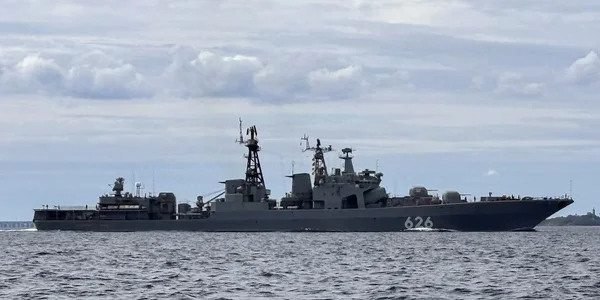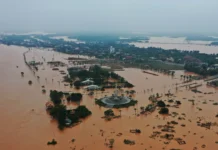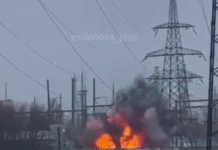What happened
The Danish Defence Intelligence Service (FE/DDIS) reported a series of incidents in the Danish Straits where Russian warships behaved aggressively towards the Danish Navy and aviation. According to the agency, the Russians repeatedly pointed weapons at Danish ships and helicopters and created situations of dangerous rapprochement. The events were officially announced on 4 October during a briefing in Copenhagen.
What actions are called provocations
According to FE Director Thomas Ahrenkiel, Danish helicopters and ships «hijacked» foreign radar sights, and Russian ships physically pointed weapons in their direction. Separately, manoeuvres on the course of a potential collision were recorded, as well as navigation interference, including widespread GPS failures.
Context: hybrid warfare and drones
FE assesses the risk of provocations and sabotage against Danish forces as increased and links them to Russia's broader grey zone strategy. The day before, Denmark recorded a wave of drone incidents that temporarily restricted the operation of a number of airports and military facilities. Prime Minister Mette Frederiksen called it an element of hybrid warfare, and the Ministry of Defence called it a «high risk of sabotage» against the Armed Forces.
Russia's reaction
The Russian embassy in Denmark denied the allegations in a comment to the media, saying that the navy «adheres to the law of the sea» and that it «has not been officially informed about the latest incidents».
What they say in Copenhagen
Official Copenhagen emphasises that there is no direct military threat of an attack on Denmark, but the risk of escalation through the «grey zone» is real. At the same time, the allies are strengthening their air and naval presence in the region and practising anti-missile capabilities.
Why it matters
The Danish Straits are narrow but strategic arteries between the Baltic and North Seas. Russian military and commercial vessels, including tankers of the so-called «shadow fleet», transit through them. Aggressive manoeuvres and navigational obstructions increase the risk of an incident with unpredictable consequences for the security of the entire Baltic region.
What's next
Denmark will continue to document every passage and incident in its own waters and notify allies. FE warns of a «high risk» of repeated provocations and urges citizens to remain vigilant in critical infrastructure areas




